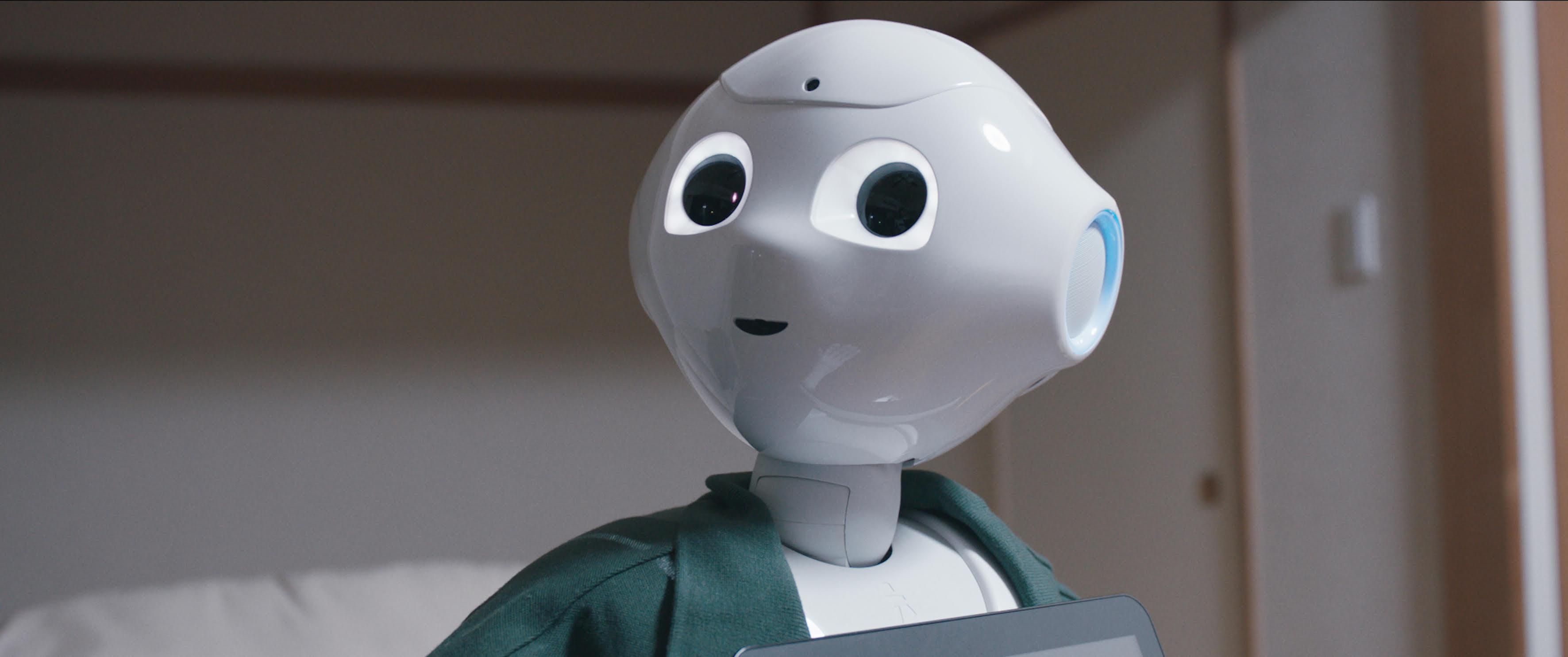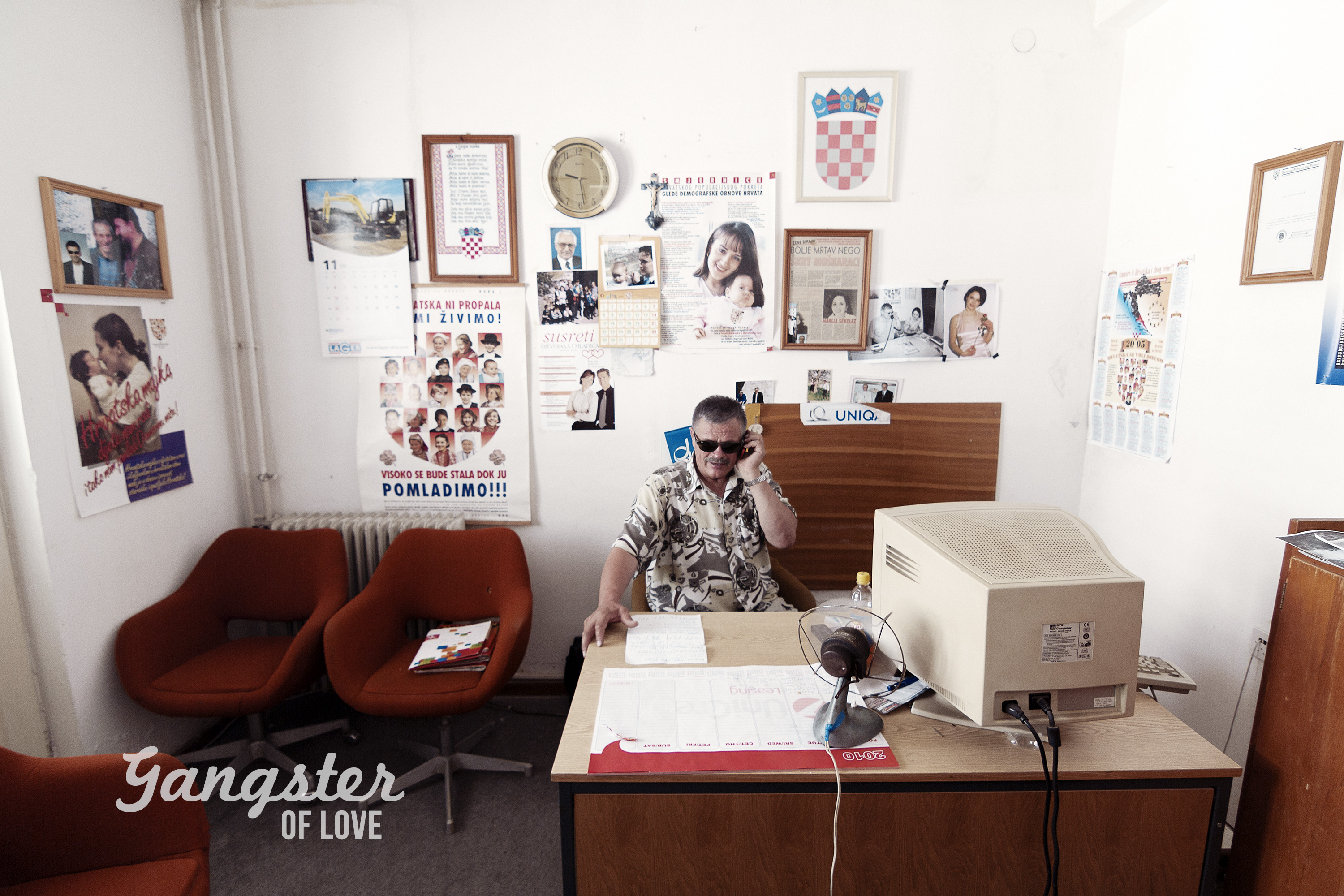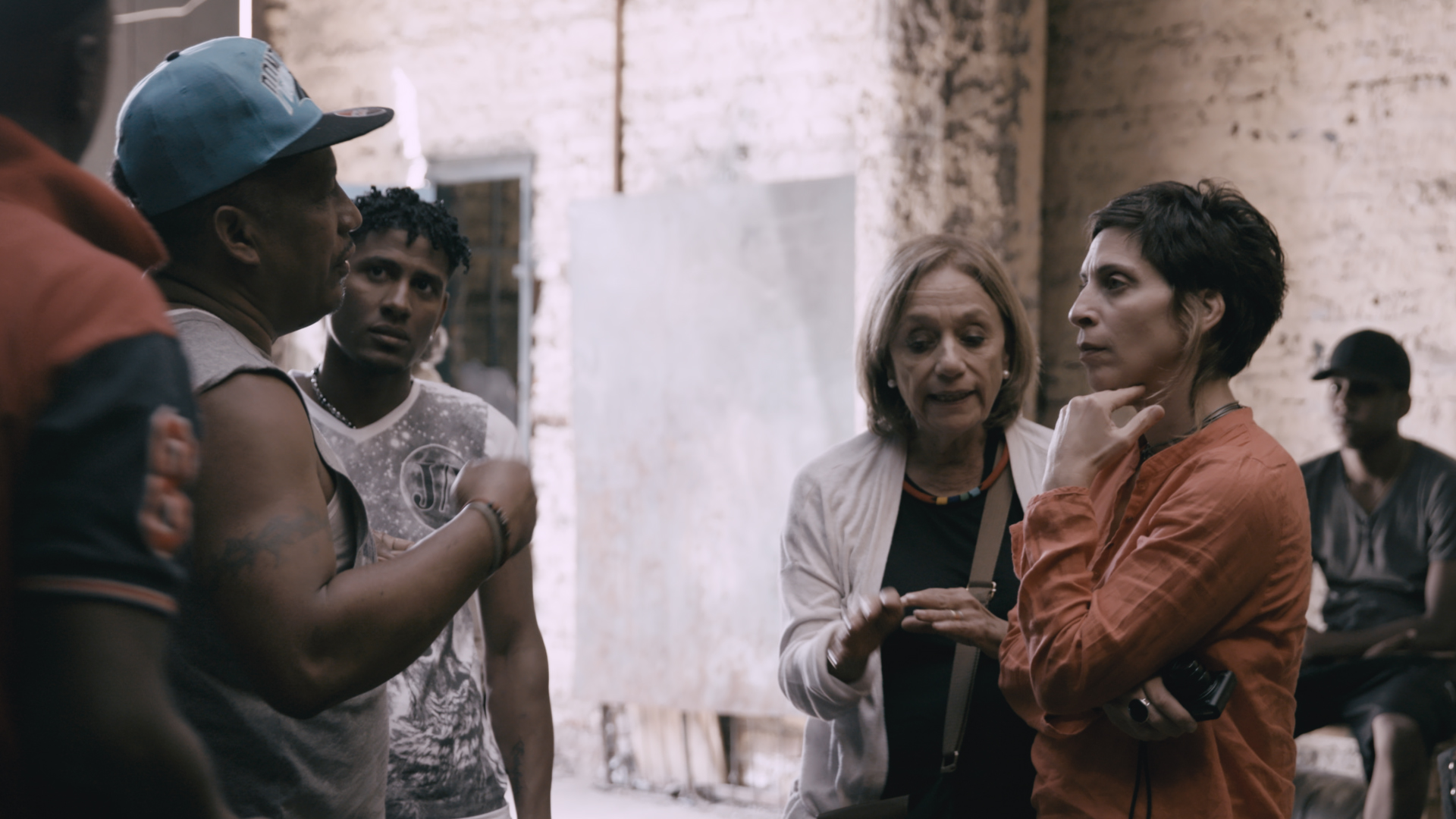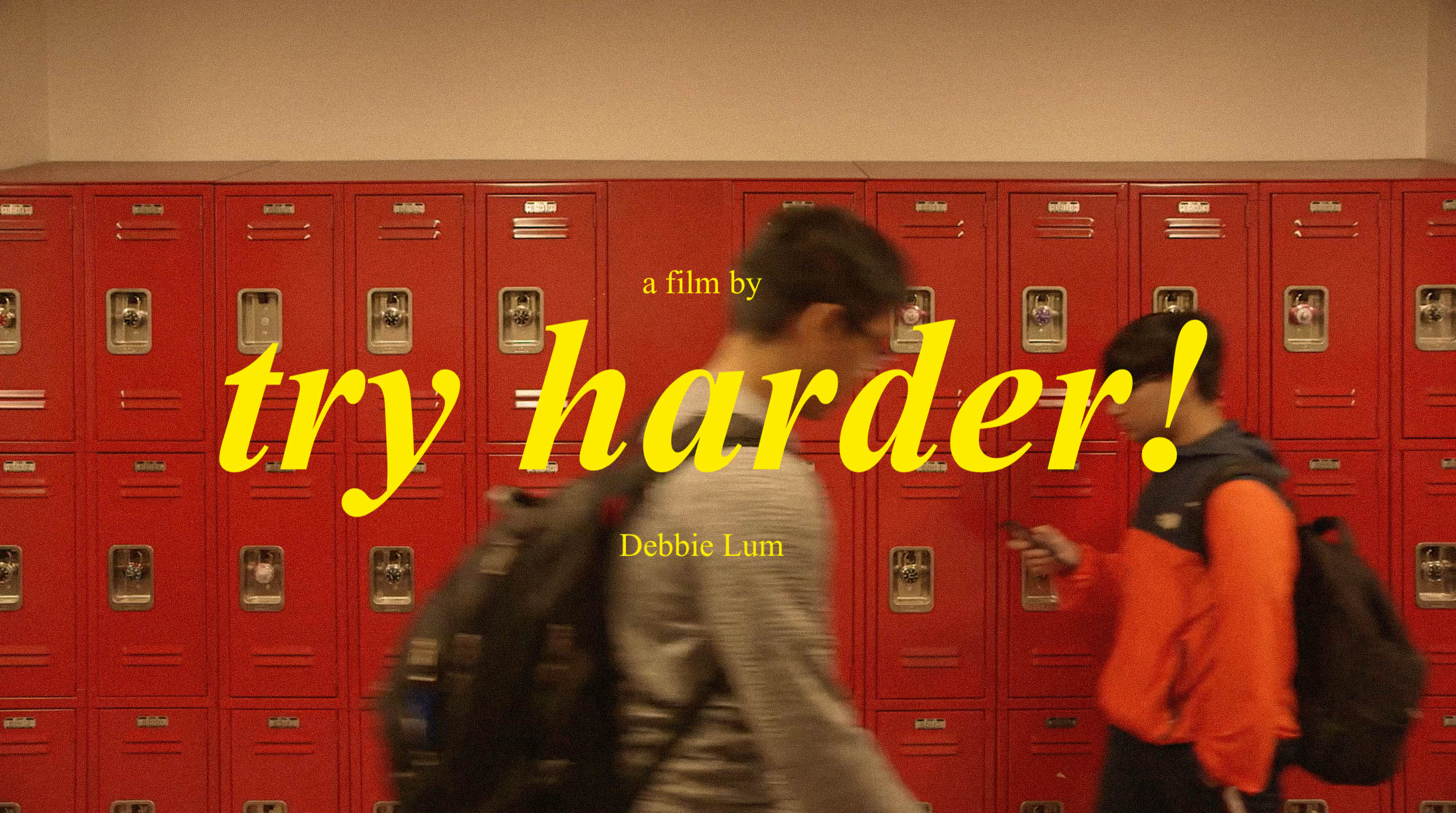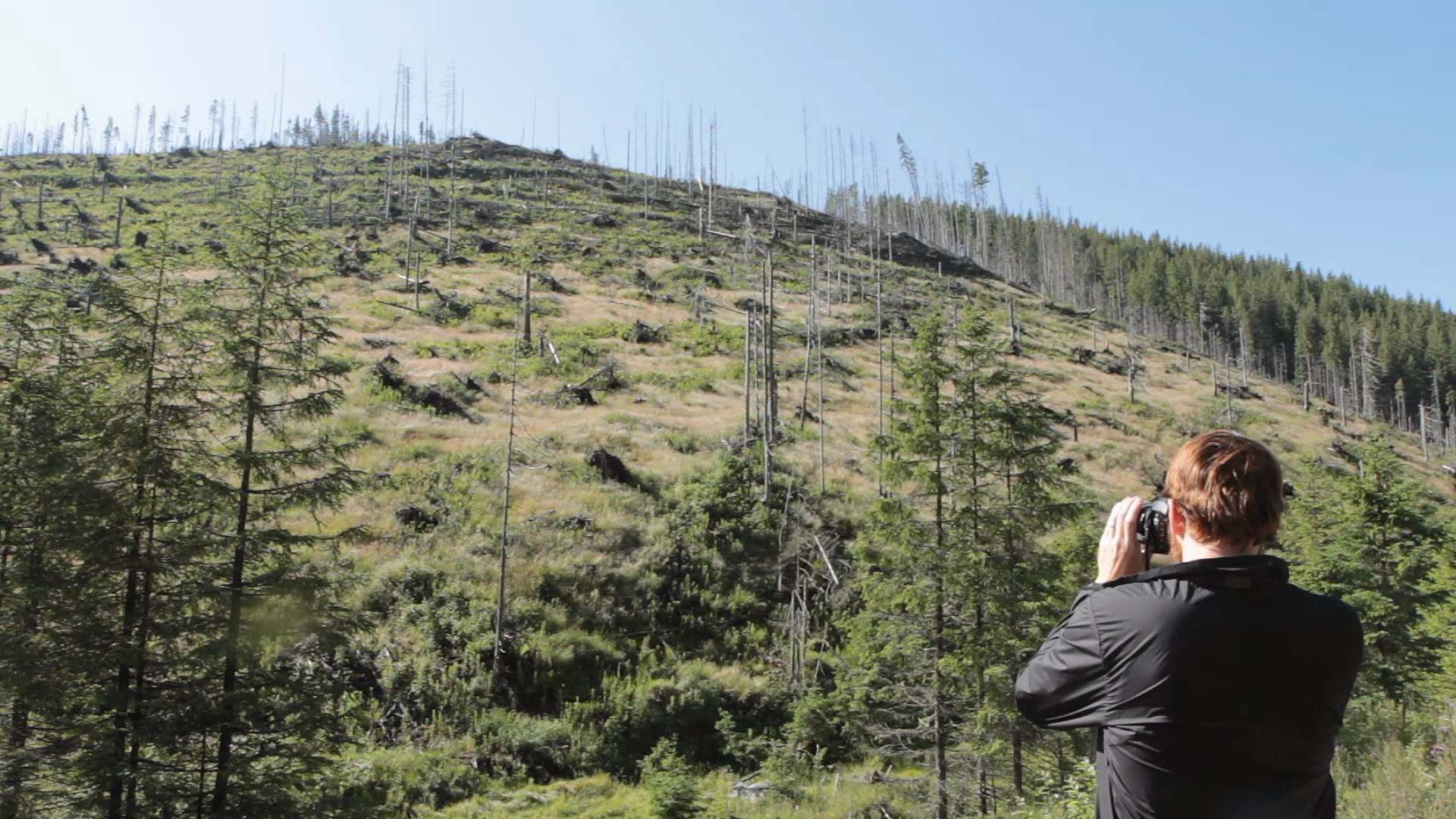Select the documentary that interests you from the Verziótéka online library. An English-language explanation is given once you scroll down past the Hungarian text. After registering, you will receive a WELOVEVERZIO code that can be used to stream films for as little as 500 forints. Once you choose yours, it will be available in your library for seven days – after pressing play, you then have 48 hours to watch or rewatch the film. An English-language explanation is given here, after you scroll past the Hungarian text. Films are not available outside of Hungary's borders.
Here we pick out our five favourites – again, scroll past the Hungarian online description on the Verziótéka site to find the English text.
Maja is a Romanian woman who ran away from an abusive relationship and is now raising her two-year-old child on her own, but now finds herself on the scrap heap. Marin is Nedo’s self-destructive friend, who wants to find a partner while constantly complaining that he’ll end up alone. When it seems things might work out for him, he prefers to back off. The most fascinating case, however, is the man who worked in the German construction industry for 20 years and built a three-storey, 20-room villa where he lives alone while waiting for his queen. Sadly, his emotional intelligence is practically zero. The film shows how unpredictable love can be. Nedo, in a long-standing marriage himself, never gives up hope, even when his client does. He still pushes ahead because for him, love is sacred. The great virtue of Gangster of Love is that it is as colourful as life itself, with cutting dialogue. Nedo never misses a trick, pulling out a CD towards the end of a meeting, featuring himself singing as Gangster Amor, and asking his customer for 50 kuna.
Chuck, meanwhile, goes to the factory to buy himself a girlfriend but it's pretty morbid to see how androids are made, dangling over a hanger, the manufacturers walking past the naked bodies and carrying them over their shoulders. Chuck is an extremely emotional man who has been through a lot of trauma, and longs for a real companion and love, but can only see the solution in robots. The relationship between him and his girlfriend raises a lot of questions. Can we really fall in love with someone who doesn’t have their own opinions, whose feelings we can control and predict, who can tell us an entire Wikipedia article for an answer to a simple question? How can we connect with someone whose emotions we can't see, whose eyes are full of emptiness, whose touch is completely absent and whose conversations only start with our initiative? In addition to personal stories, scientists, robotics experts and philosophers also appear to explain how robots are developed and what positive returns the use of artificial intelligence can have. The focus is still on how they change our everyday lives and how they can take the place of people in our everyday world.
Is decent housing a fundamental right or just a commodity? Is an individual a fully-fledged member of society or just a consumer? Fredrik Gertten's film addresses these and similar questions, with fewer and fewer privately owned apartments and houses in the world, and more and more rental properties.
They run up against real disappointment for the first time in their lives during admissions, having spent their best teenage years slaving to enter an elite universities. Are they following their own path? Try Harder! doesn't judge, but suggests that everyone should follow their own dreams and not their parents’. Nevertheless, when choosing a university, this is also an extremely difficult period for parents, too, because from here on in, the little children they always protected finally discover their independence. This separation is a loss for both sides, one that must be experienced and mourned in order for each party to move on.
Certain operators practically steal wood and natural resources from former Socialist countries (Russia, Ukraine, Romania) and South American states (Peru), with little respect anything or anybody. Intimidation, surveillance, murder, the deliberate destruction of nature, it’s all fair game. Although the combined efforts of agents and civilians do have a positive effect and elicit a sense of justice in the viewer, it remains a very long and perhaps never-ending battle.
